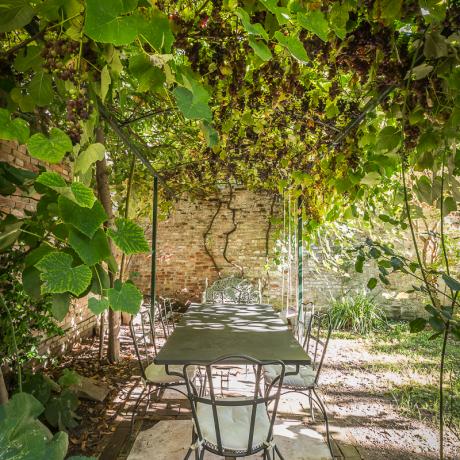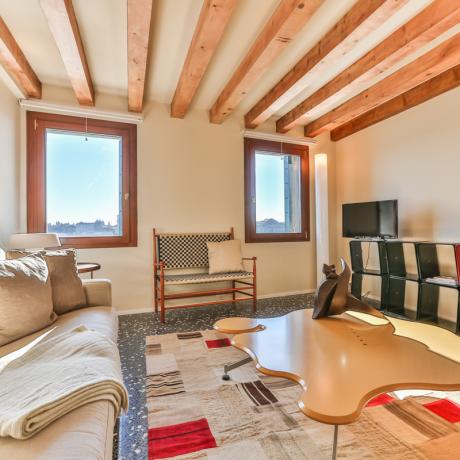Booking local or booking through platforms? Our views
Since the last 10 years or so, we have all learned to use several websites, platforms or portals to do our shopping, book our flights, holidays, find travel-mates, taxis... Every side of our daily life can benefit of apps or websites providing products or services that we need. We can access them 365 days per year, 24 hours a day, from any location, provided that we have an internet connection.
The recent covid-19 pandemic enhanced our need for these services, as they're particularly useful and necessary when we need or just wish to stay home, or if we live in a remote place. But the same pandemic, which forced us to suddenly change our daily lives and plans, revealed a few aspects of this kind of sales, which may have not been evident before.
What makes most of these portals appealing is that they present themselves as platforms that make up a private-to-private contact, giving the idea to the final user to get personnaly in touch with local people in a more direct and easy way. Which, for some aspects, is true. But not totally.
What is actually "buying local"? It means that who sells you a product, an item or a reservation lives in the place where it is produced. It means that when you buy locally, you help the local economy grow. It also means that the seller usually knows their product very well and can advise you in the choice. Speaking of rentals, a local seller can also provide a dedicated assistance during your stay. The contact with the seller may last over time. In general, buying local means adding plenty of hidden, relational, emotional, long-term added values to what you pay.
Booking portals and sales sites of any kind need to get more and more reservations to keep a constant cash flow. To do this, they push the final user to book anyhow, offering hundreds of ads to choose from, appealing conditions like free cancellation policies, more and more services included... and always letting you think that if you don't book now, you will loose a great opportunity (like the pop-ups saying "25 other users are checking the same flight"?). On the other side, they push advertisers to lower prices to the maximum (with the same pop-ups saying "your competitors are offering the same item for a lower price"), with the same aim to have the highest possible number of competitive ads and get more bookings. Of which they benefit, even if the booking won't actually take place in the end.
Do these websites have an on-site presence? Usually, not. If something goes wrong, you usually have to appeal to a call center where in most cases they claim to solve a problem through pre-stated faq.
Do they follow local rules concerning permissions, insurance, taxes? They basically don't need to, as they're simply ad containers: they discharge the responsibility and the costs to comply to local laws to the advertisers.
Do they choose personally the products they sell? Usually, not. They surely have quality standards to follow, but an advertiser in most cases may simply have to tick boxes to comply and the main way to prove the quality of an item is through reviews. Which may in several cases be guided or misleading.
The aim of this post is not to criticise booking portals and online sales platforms, they are now part of our daily lives and are necessary to all of us, both customers and sellers. The point is seeing the difference between buying or booking through a platform and a real local commerce, understanding what is behind a price and what you actually buy with it.
In a long-term perspective, when you buy local or book with a local you get more than a simple apartment, or a product. You interact, you deal with real people, you become part of the local life and economy.
Learn more about Luxrest Venice, get in touch: we will be most pleased to assist you in your rental, share our story, our views and love for Venice!


